If you notice signs of soil degradation, here are our tips for boosting soil fertility.
1. Rotate crops
Soil fertility is a function of mineral content. Growing the same crop on the same field season after season damages the fertility of the land since the same crops take up the same mineral elements many years in a row. By rotating crops and introducing legumes, for example, you can slow down soil depletion and improve soil fertility.
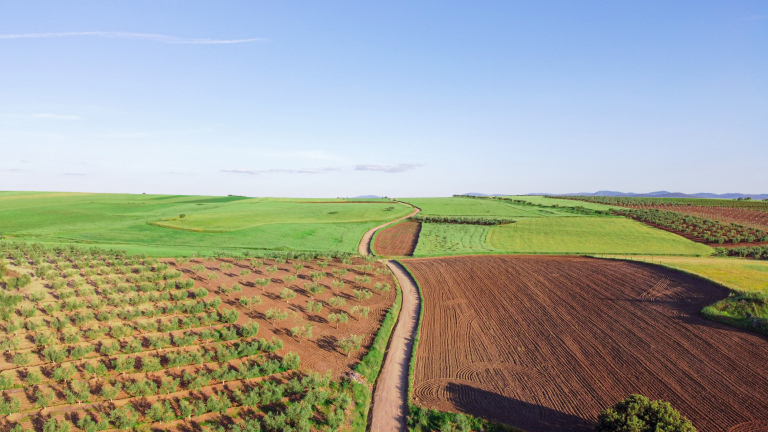
2. Apply fertiliser
Both organic and mineral fertilisers can improve soil fertility. Organic fertilisers are safe for the environment, but they are not water-soluble: they release their nutrients slowly and need microorganisms to make them available to plants.
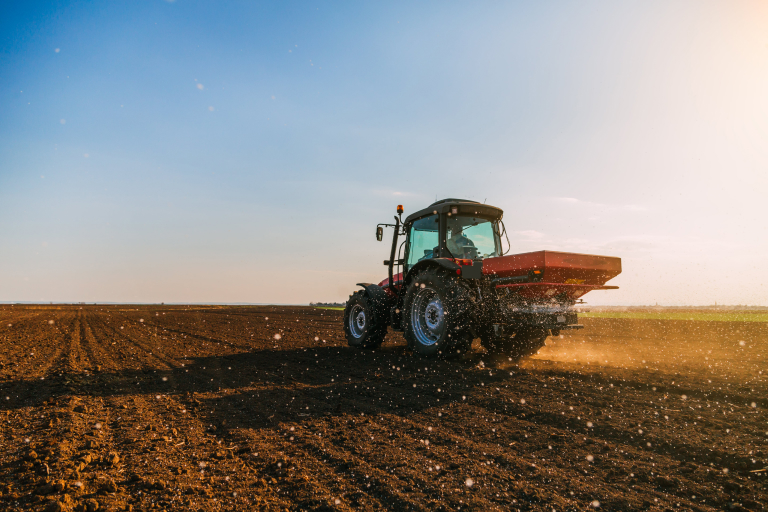
Chemical fertilisers are easily soluble in water and quickly absorbed, but excessive applications can cause soil salinisation and harm plants. Excess fertilisers also pollute waterways when they wash off fields.
Various fertiliser types differ in terms of how and when they are applied. Organic fertilisers are best applied in the autumn, since this gives them enough time to decompose and release their nutrients.
.3. Practice intercropping
Growing different crops on the same field at the same time reduces soil depletion because different plants require different amounts of nutrients. If you choose neighbouring plants correctly, intercropping can also benefit vegetation.
When combining plants, keep in mind how shade-tolerant they are and how much time they need for complete ripening, as well as their irrigation needs, cultivation methods, and other factors. Remember that legumes increase soil fertility by fixing nitrogen that can be beneficial to nearby crops.
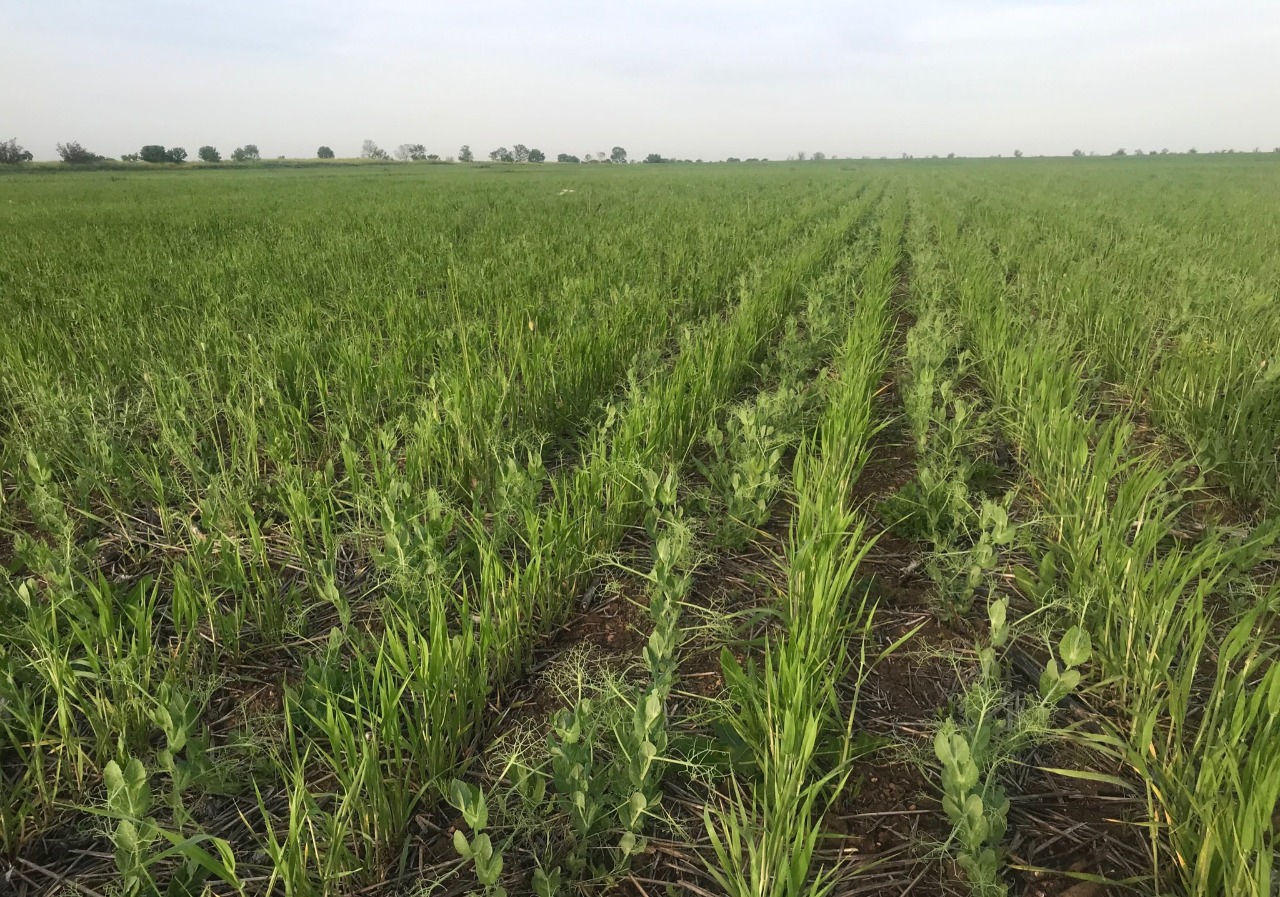
4. Plant green manure
Green manures are crops grown specifically for soil rehabilitation. Some examples are mustard, buckwheat, rapeseed, oats, and rye. They provide soil cover, protecting planted fields from erosion and retaining moisture. Green manures also increase the fertility of soil by helping it accumulate nitrogen, phosphorus, potassium, and trace elements.
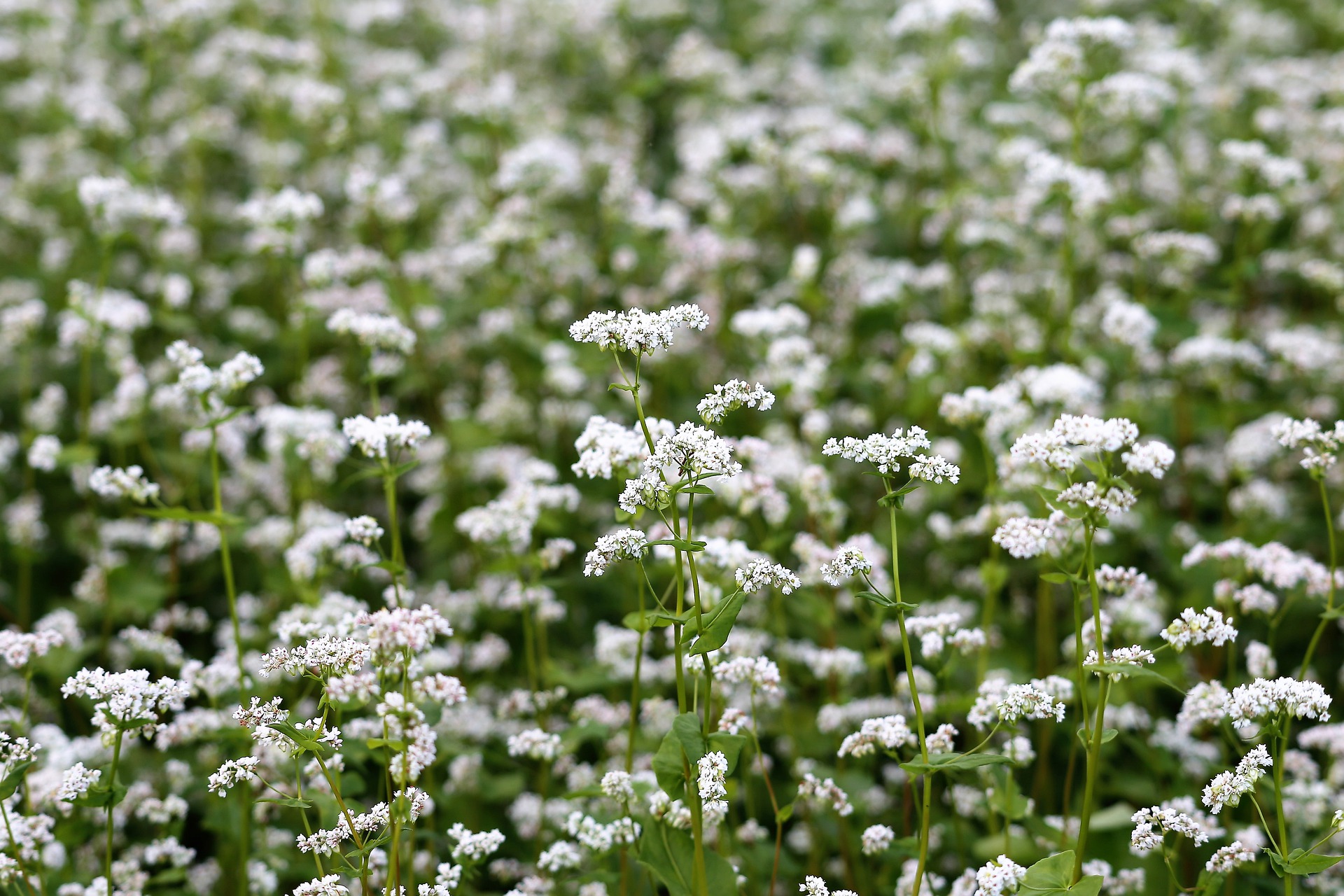
5. Let land lie fallow between rotations
If repeated every year, tillage reduces soil productivity and leads to soil degradation, which is why it makes sense to occasionally leave fields fallow. This is especially important after cultivating sunflower, corn, or rapeseed, which cause severe soil depletion. Fallow land rehabilitates itself and restores its fertility.
Following a scientifically-backed farming system is the best way to improve soil productivity and reduce the risks of soil degradation. When developing such a system, factor in all the details of local soil conditions to prepare specific practical recommendations for the use of agricultural machinery, fertilisers, and plant protection products.
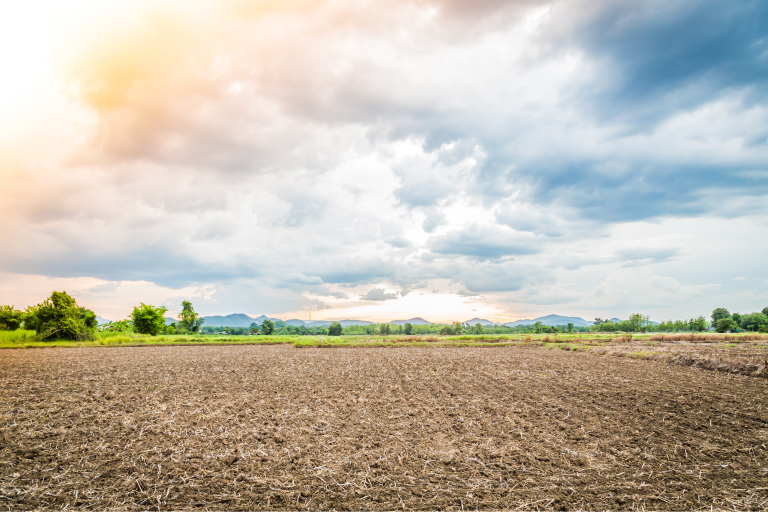
Igor Bessarabenko
2022 г.
Share this:
